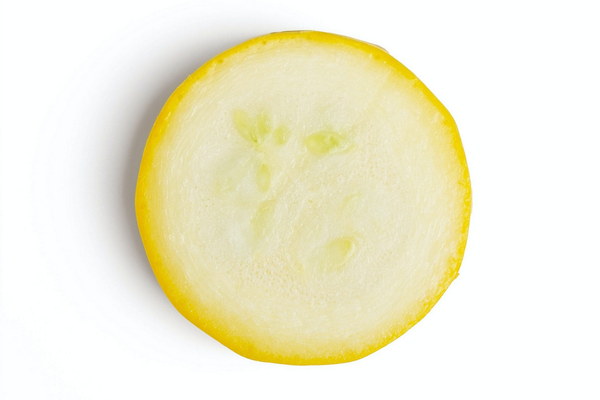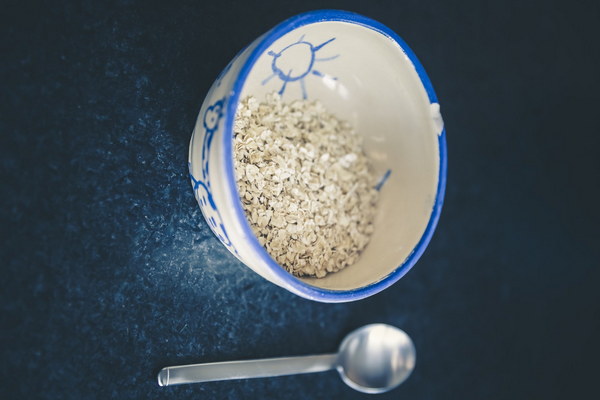Postpartum Body Care A Comprehensive Guide for New Mothers
Introduction:
Becoming a mother is a life-changing experience, but it also comes with its own set of challenges. One of the most crucial aspects of this journey is postpartum body care. Taking care of your body after giving birth is essential for both your physical and mental well-being. In this article, we will discuss the importance of postpartum body care and provide a comprehensive guide for new mothers on how to take care of themselves during this delicate period.
1. Importance of Postpartum Body Care:
Postpartum body care is essential for several reasons. Firstly, it helps the body recover from the physical stress and strain of childbirth. Secondly, it can help prevent long-term health issues such as incontinence, pelvic organ prolapse, and weight gain. Lastly, it promotes emotional healing and can help new mothers feel more confident and comfortable in their bodies.
2. Rest and Sleep:
After giving birth, it's crucial for new mothers to get plenty of rest and sleep. Your body has undergone a significant amount of stress and needs time to recover. Try to sleep when the baby sleeps, take naps when you can, and don't be afraid to ask for help from family and friends.
3. Nutrition:
A well-balanced diet is essential for postpartum body care. Focus on foods that are rich in protein, iron, calcium, and omega-3 fatty acids to support your body's healing process. Incorporate a variety of fruits, vegetables, whole grains, lean proteins, and healthy fats into your meals. Also, stay hydrated by drinking plenty of water throughout the day.
4. Gentle Exercise:
Gentle exercise can aid in your postpartum recovery. Begin with simple activities like walking and gradually progress to more intense workouts as your body allows. Consult with your healthcare provider before starting any exercise routine to ensure it's safe for you and your baby.

5. Pelvic Floor Exercises:
Pelvic floor exercises, also known as Kegels, are crucial for postpartum body care. These exercises help strengthen the pelvic floor muscles, which can prevent urinary incontinence and improve sexual function. To perform Kegels, tighten your pelvic floor muscles as if you were trying to stop urination or hold back gas. Hold the contraction for three to five seconds, then release for three to five seconds. Repeat this 10-15 times, three times a day.
6. Skin Care:
Your skin may have undergone changes during pregnancy and childbirth. To care for your skin, use gentle cleansers, moisturizers, and lotions that are safe for your baby. If you experience stretch marks, consider using a topical cream or oil to help minimize their appearance. If you have any concerns about your skin, consult with a dermatologist.
7. Emotional Well-being:
Postpartum body care is not just about physical recovery; it's also essential to take care of your emotional well-being. Motherhood can be overwhelming, and it's important to seek support from family, friends, and healthcare providers. Consider joining a support group or speaking with a therapist if you're struggling with postpartum depression or anxiety.
Conclusion:
Postpartum body care is a vital part of the recovery process for new mothers. By focusing on rest, nutrition, gentle exercise, pelvic floor exercises, skin care, and emotional well-being, you can ensure a smooth and healthy transition into motherhood. Remember, taking care of yourself is crucial for the well-being of both you and your baby.









